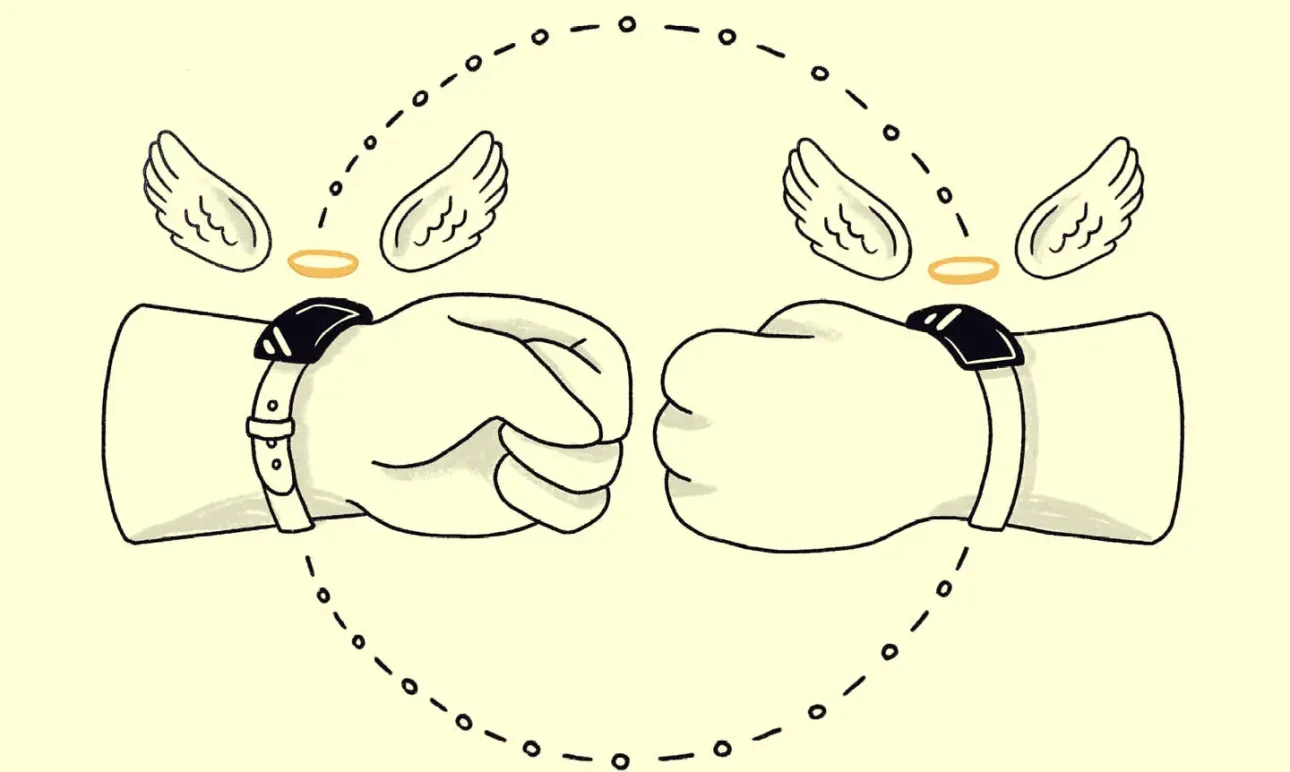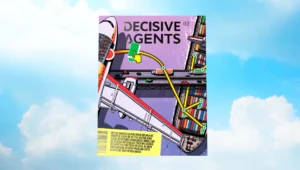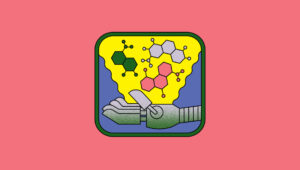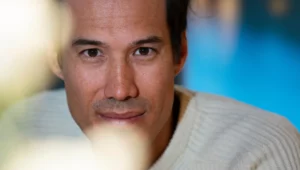Does your watch know you better than your GP? Wearables have transformed our understanding of personal health. Fitness trackers take electrocardiogram (ECG) readings to measure the health of our hearts. Other wearables help diabetics measure glucose levels. And some devices can even help people with epilepsy manage seizures.
The relationship and benefits are seen so favourably that 70 percent of wearable owners say they are more likely to share their data with wearables manufacturers than with their doctors and insurance companies, according to an international survey by Swedish telecoms company Ericsson.
Soon, that data, combined with Artificial Intelligence or machine learning, will potentially help individuals, their doctors and entire healthcare systems improve diagnosis, treatments and insights – while reducing healthcare costs, experts predict.
“I can imagine in the future, every person will have their own personal AI healthcare agent looking after their health and helping analyse data for improved diagnosis,” says Arnu Pretorius, an InstaDeep AI Research Scientist based in Cape Town, South Africa.
This is also an opportunity for Multi Agent Reinforcement Learning, or MARL, where multiple agents are trained to act as individual decision-makers in a larger system, while learning to work as a team and help each other do a better job.
“It would be beneficial if agents shared information – encrypted of course – so they can learn across millions of diagnoses from other agents to better diagnose the specific person they are responsible for,” Pretorius says.
In a pandemic situation or era of medical breakthroughs, Pretorius predicts the AI health agents could work together in a similar way to self-driving cars, which might update each other on constantly-changing conditions in near real-time.
Personal AI health agents might be years away, but to help the health sector and others that could benefit from decentralised coordination get there, Pretorius led a team in developing an open-source software library for designing MARL systems. The open-sourced framework is called Mava, which means experience, or wisdom, in Xhosa one of South Africa’s eleven official languages and it’s available to researchers and developers now.
For more information, visit https://github.com/instadeepai/Mava




